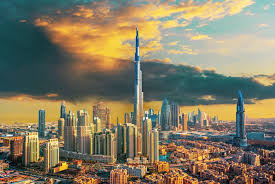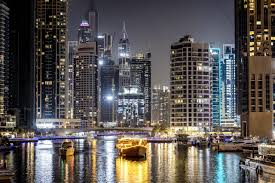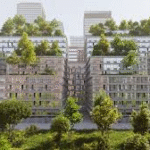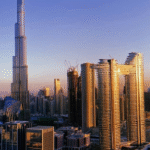Now Reading: UAE Rewards Smart Water Users with Big Sustainability Benefits 2025
-
01
UAE Rewards Smart Water Users with Big Sustainability Benefits 2025
UAE Rewards Smart Water Users with Big Sustainability Benefits 2025

Table of Contents
Across the globe, water scarcity is becoming one of the biggest environmental challenges. As countries like the UAE face growing demand for water due to rapid urban development and climate change, focusing on efficient water usage and rewarding sustainable behavior has become a top priority.
The UAE, already a global leader in sustainability innovation, is now turning its attention to recognizing and incentivizing water-saving efforts across all sectors from households and industries to agriculture and real estate.
Why Water Efficiency Matters
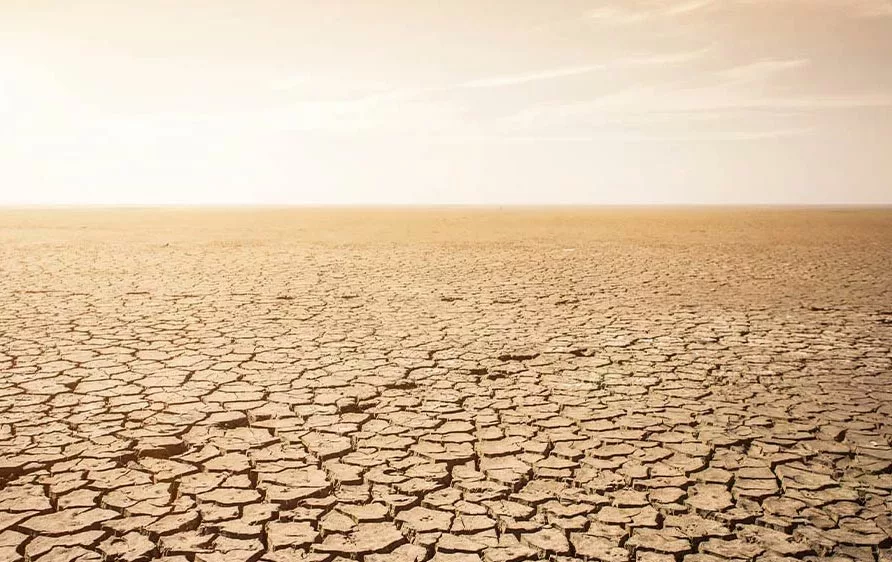
Water is a limited and precious resource, especially in arid regions like the UAE where natural freshwater sources are scarce. To meet growing water demands, the UAE heavily relies on desalination a process that is expensive and energy-intensive.
According to the Environment Agency Abu Dhabi, around 40% of the UAE’s water consumption is residential. This highlights the importance of encouraging efficient use of water at the community level.
“Reducing water consumption is not only about protecting the environment. It’s about securing the future,” said Mariam Almheiri, Minister of Climate Change and Environment. “We must reward those who take responsibility.”
New Reward Programs Being Launched
To drive a more conscious approach toward water use, both public and private entities are now offering reward-based programs. These programs encourage individuals, companies, and sectors to take active steps in reducing water waste.
Some of the emerging models include:
- Tiered Billing Structures Households and businesses that keep water use below set limits are rewarded with discounts, rebates, or lower tariffs.
- Green Certifications Buildings that meet high standards for water efficiency are now receiving government-backed recognition or faster approvals for real estate licensing.
- Smart Metering New technologies allow users to track water usage in real-time. Smart meters often come with app-based rewards for reaching conservation milestones.
Dubai Electricity and Water Authority (DEWA), for example, has launched several awareness and incentive campaigns to reward responsible water users. Participants who reduce consumption over a period can win prizes, receive lower bills, or even be featured as sustainability champions in local media.
Involving Communities and Schools
The success of sustainability initiatives depends on public participation. This is why many programs are now being extended to schools, universities, and residential communities.
Through educational workshops, competitions, and awards, younger generations are learning how small changes like fixing leaky faucets or using water-efficient appliances can lead to major environmental benefits.
In Abu Dhabi, the Sustainable Schools Initiative has integrated water conservation into its curriculum. Schools are rated based on their water-saving performance, and top schools receive green badges and public recognition.
Smart Agriculture and Water Rewards
The UAE’s agriculture sector, although small, consumes a significant amount of water, mainly due to irrigation. To improve water efficiency in farming, the government has launched initiatives to support hydroponics, drip irrigation, and other smart technologies.
Farmers who switch to sustainable irrigation practices are now eligible for financial support and equipment subsidies. These efforts not only reduce water use but also boost crop yield and quality.
“Rewarding farmers for efficient practices is a win-win for food security and the environment,” noted a spokesperson from the Ministry of Climate Change and Environment.
Corporate Responsibility and Water Benchmarking
Major industries and commercial buildings are also being encouraged to track and report their water usage. Benchmarks are being set for office spaces, malls, hotels, and manufacturing facilities. Companies that demonstrate efficient practices are given awards or preferred status in government tenders.
Some companies are also partnering with NGOs and local municipalities to launch CSR campaigns around water conservation. For example, water-saving campaigns in malls and hotels promote reusing towels, reducing water flow in taps, and installing sensor-based systems.
Government Policy and Vision 2031
Rewarding efficient water usage is a key part of the UAE’s Environmental Sustainability Goals under Vision 2031. The long-term plan aims to cut water waste, reduce dependency on desalination, and increase the share of recycled water.
A major focus is on urban planning future developments must be water-smart. Masterplans for new housing communities and infrastructure projects now include water-saving designs like native landscaping (xeriscaping), efficient plumbing systems, and greywater reuse systems.
To support these goals, the government is preparing legislation that will make water efficiency a regulatory requirement, not just a suggestion. Those who exceed efficiency targets could be eligible for tax credits, subsidies, or fast-track permits.
Public Support Is Growing
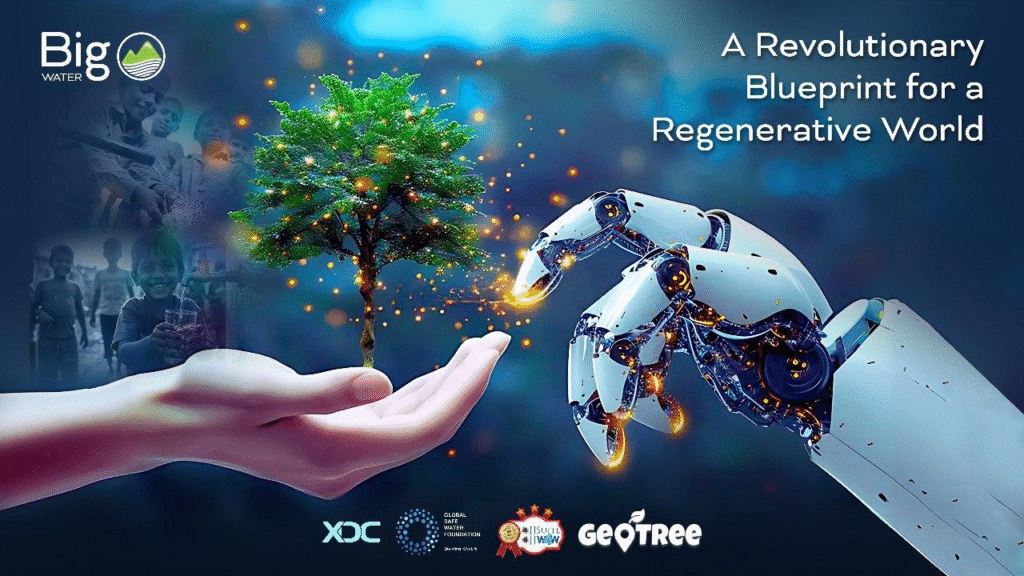
Recent surveys by the UAE Sustainable Development Council show that public awareness and support for water conservation have increased dramatically in the past five years. Nearly 70% of respondents said they were willing to change habits if rewarded with benefits like lower bills, recognition, or community incentives.
Social media is also playing a key role, with influencers and environmental activists sharing tips, challenges, and case studies about saving water in everyday life.
Conclusion: A Future Where Every Drop Counts
By rewarding efficient water usage, the UAE is moving from awareness to action. It’s no longer just about asking people to save water it’s about making water efficiency an attractive, rewarding, and sustainable lifestyle.
The combination of technology, policy, education, and incentives is proving to be a powerful force. As the country aims to lead the world in sustainability, every household, farm, and business that saves water is helping to build a smarter, greener future.
If this trend continues, the UAE could soon be a global model for how to manage water wisely in a desert environment showing that with the right incentives, sustainability can be both practical and rewarding.
Read More:- Deyaar’s Latest Announcement Shakes Up the UAE Property Market



